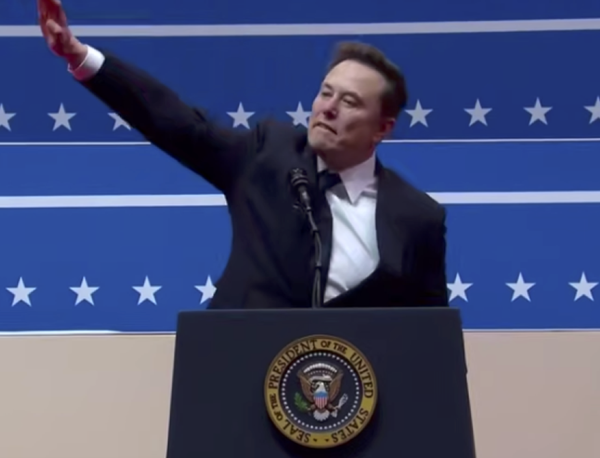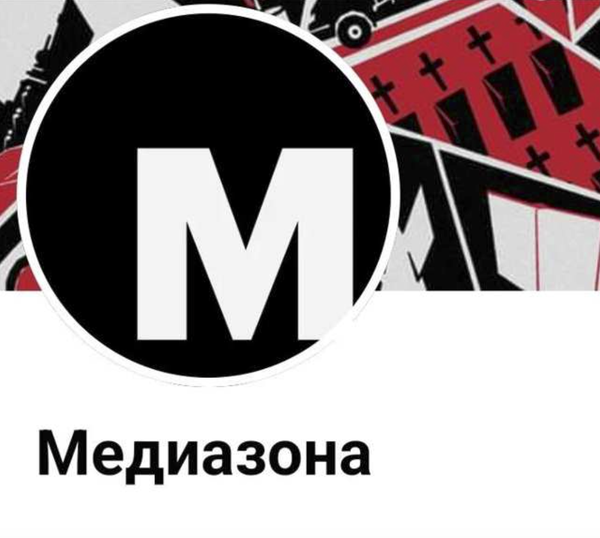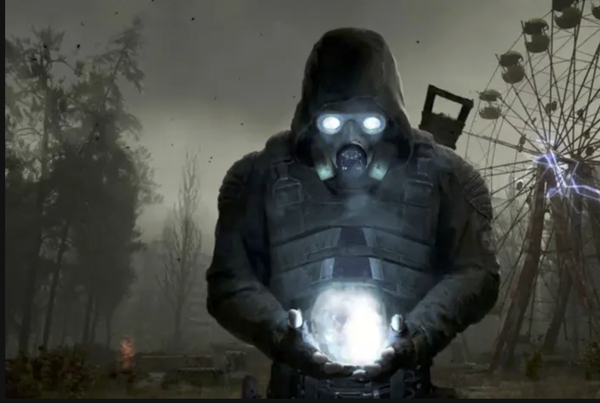Who are the pushkinists?
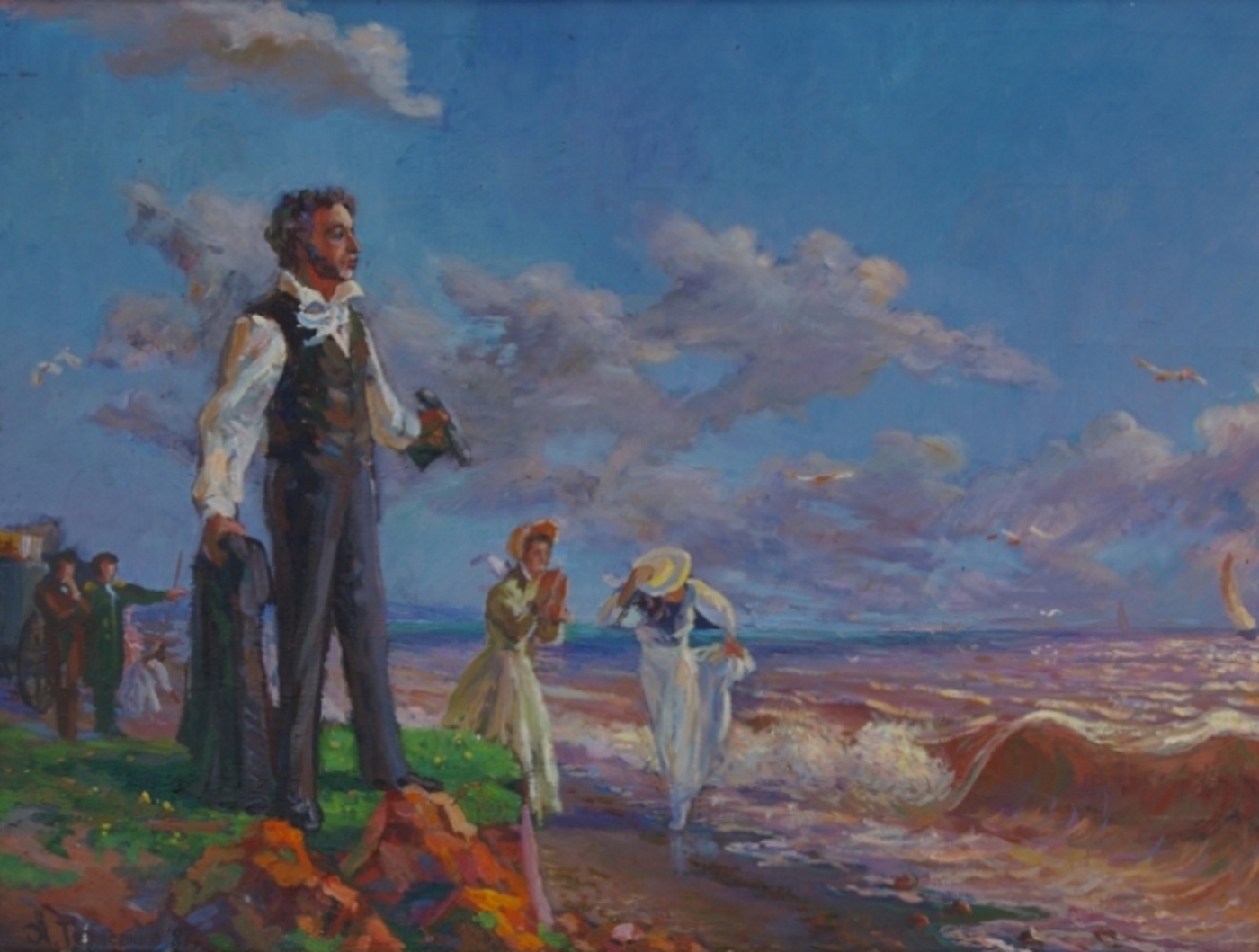
Even among Ukrainians, there are still people who ask, “What has Pushkin ever done to you?” Typically, this remark is made by individuals who are not well-acquainted with Pushkin’s work or those whose lives revolve around Pushkin studies. It’s indeed most difficult to detach oneself from a person to whom you dedicated your youth and best years for study.
Similar thoughts can be observed among those who feel nostalgic for the soviet union. Human memory has a tendency to suppress negative experiences over time, leaving predominantly positive memories. In simpler terms, people remember running up flights of stairs to the tenth floor, falling in love, and making plans for the decades ahead. And now, what remains? Only a lot of aches and pains.
What can be said when even Ukrainian millennials look back fondly on the 1990s. However, unlike their parents, they’re aware of the difficulties that have since fallen on their shoulders. Above all, they’ve been directly impacted by the economic challenges. Despite this, they remain socially active and have been able to embrace the positive changes that have taken place since Ukraine’s independence.
And then there’s the war... a direct inheritance from the previous generation, which did everything possible and impossible to delay it - and passed it on as a legacy to their successors. These words don’t apply to everyone, of course, and we apologize for any generalizations made.
In fact, nowadays, knowledge provided by “pushkinists” in the traditional sense could prove to be useful. However, it’s not to glorify “our everything”, but rather to explain that Pushkin is truly “their everything”, referring to russians. It serves as a marker that designates “their” territory, a zone of influence.
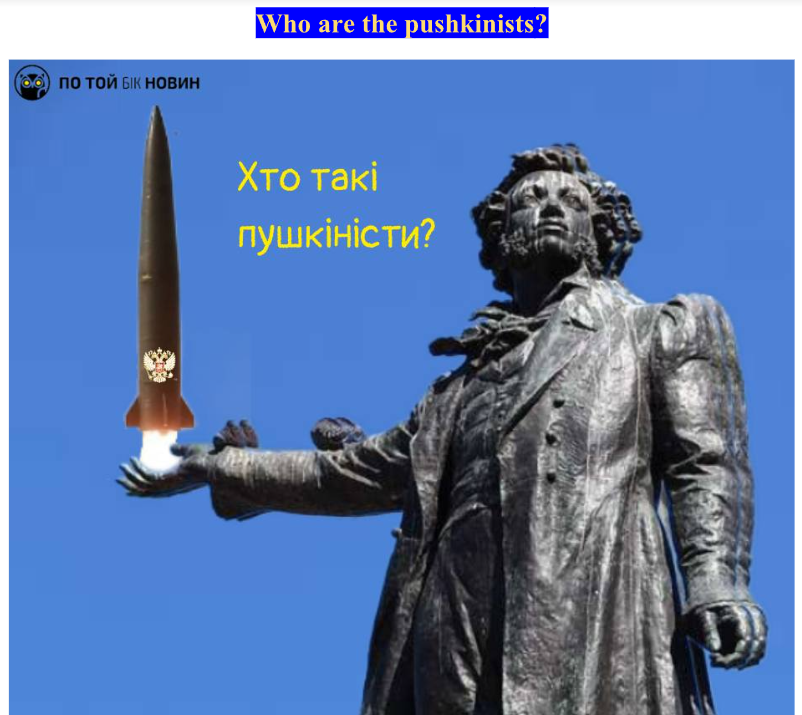
Consider why nearly every Ukrainian man or woman can readily quote lines from Pushkin’s poems, while only a few can recite the works of a Czech or Bulgarian poet. Don’t be too quick to deny it; we know there are some among you who can, but we’re referring to the majority.
All of this is a direct consequence of colonial policy. russian writers are no better or worse than their counterparts from other countries. The difference lies in how the russian imperial apparatus employed them as an instrument of soft influence. Frankly speaking, it was quite a convenient tool, as the writers themselves willingly participated in the colonial schemes of their nation.
Those who were raised on this very russian culture, who absorbed it from childhood along with all those imperial narratives, continue to view the world through the lens of russian writers such as Pushkin, Dostoevsky, and Tolstoy. Thus, the ongoing war is an indirect outcome of Russian literature.
Take a moment to consider what Pushkin thought and wrote:
“Will Slavic streams flow into the Russian sea?”
Isn’t this just another repetition of putin’s tiresomely familiar rhetoric about the so-called “one people”? It all goes back to those bygone times.
Or:
“Why do you raise the specter of anathema against Russia?
What has provoked your anger? The unrest in Lithuania?
Let it be, for this is a quarrel among Slavs,
An ancient, internal dispute, already judged by destiny,
A question that you shall not settle...”
In the poem “To the Slanderers of Russia”, Pushkin addresses the members of the French Chamber and French journalists who showed sympathy towards the Polish rebels and advocated for their country’s armed intervention in the war. Today, we witness almost the same words when russian authorities proclaim that the russian-Ukrainian war is our internal “quarrel” and that Western nations should refrain from interfering. Yes indeed, from the perspective of the russian occupiers, it’s viewed as a civil war between us. This takes us back to the previous quote regarding the concept of “one people”.
Let’s continue:
“Your words are fearsome, but prove it with deeds!
Or is the old bogatyr (warrior), now dead in his bed,
Unable to wield his Ismail bayonet?
Or is the word of the Russian tsar truly powerless?”
This brings to mind the current threats from russia to the civilized world, the nuclear blackmail and the declarations that “they haven’t really started anything yet”. That’s why it’s justifiable to label these individuals as pushkinists today. It’s all interconnected.
Dear friends, with this post, we’re commencing a new series where we’ll expose supporters of the war of aggression, representatives of russian “culture” who endorse the enslavement of other nations, their complete assimilation, and even exhibit chauvinism. We kindly request you to send us the names of individuals you would like to see analyzed, those who you remember most, and those who most outraged you. We’ll certainly consider your suggestions when selecting future topics for publication.
*Please note that Owl’s perspective may not necessarily align with that of her colleagues ![]()


